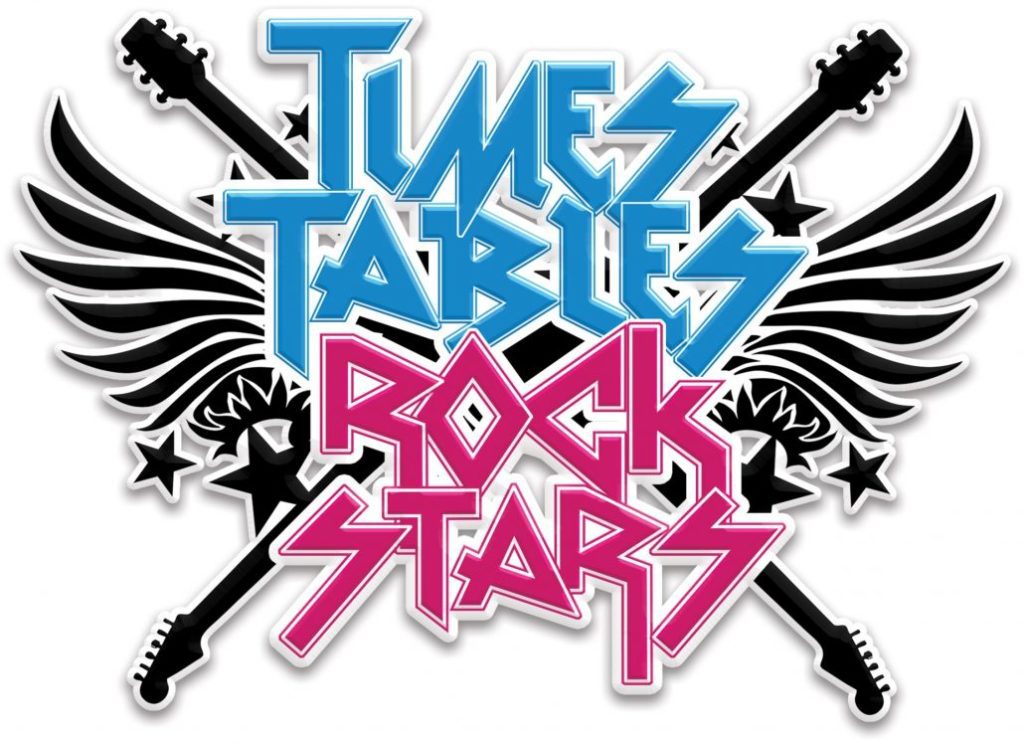Maths
Being a Mathematician is:
- understanding the number system.
- exploring rich connections between different mathematical concepts.
- reasoning mathematically to solve problems of increasing challenge.
Intent:
At St. Mary’s, we encourage our children to become fluent in the fundamentals of mathematics, reason mathematically by following a line of enquiry and solve problems by applying their mathematics to a variety of routine and non-routine problems. Our Maths lessons follow a very practical-based approach (Concrete Pictorial Abstract) because we have adopted Teaching for Mastery across the whole school. This is underpinned by the NCETM’s 5 Big Ideas: representation and structure, mathematical thinking, variation, fluency and coherence.
Children thrive on the challenge that Maths presents them, both within lessons and outside of the classroom in real-life contexts. As a school, we use the White Rose Maths Schemes of Learning alongside the Mastery approach from EYFS through to Year 6. It is a progressive framework that provides opportunities for each mathematical concept to be taught in small, connected steps, building on from what pupils already know. We have high expectations and encourage a positive ‘can do’ mindset towards Mathematics in all pupils, creating learning experiences which develop children’s resilience in the face of a challenge and carefully scaffolding learning so everyone can make progress.
Mathematics is an interconnected subject; it is used, applied and developed through activities in other areas of the curriculum, where appropriate. Our children consider the future of Mathematics and how it might develop in the years to come.
The intention is that the learning goes beyond that of the National Curriculum and that areas of learning are more clearly defined. It is intended that when children leave St Mary’s Catholic Voluntary Academy, they will be able to continue to develop their competence in a broad range of mathematical concepts. They will be engaged and prepared to continue mathematical learning at secondary school and beyond.
Calculation Policies:
The Calculation Policy shows the progression in addition, subtraction, multiplication and division.
It reinforces how the consistent use of the CPA (concrete, pictorial, abstract) approach through the Maths curriculum helps children develop mastery in both written and mental methods across all the operations in an efficient and reliable way.
End of Year Expectations:
By the end of each year group, all children should have the skills and knowledge to complete the mathematical tasks outlined in the following documents:
Why is Maths important to our children?
“We learn about making thing equal. I like Maths because we count but sometimes it can be tricky. It’s ok if it’s hard because we just try.” Laura-Rose Y1
“I like Maths because I like working with numbers. We draw symbols and pictures to help us.” Taha Y2
“I like that it’s complicated and challenging so we learn more. I can use a lot of what I know to help me find new things out and I love that.” Ben Y3
“I like adding, subtracting, multiplying and dividing because it’s like a challenge. Sometimes we use equipment and I love it!” Cillian Y4
“My favourite part about Maths is solving problems.” Kennedi Y5
“It’s important to know the different skills, which we practise in Maths, as they will be useful for later in life.” Elaine Y6
Year 4 Multiplication Tables Check (MTC)

In June each year, pupils in Year 4 will sit the Multiplication Tables Check (MTC). The MTC is an online test for pupils in Year 4. Pupils are asked to answer 25 questions on times tables from two to twelve on an ipad.
Pupils are given six seconds per question, with three seconds rest between each question, so the test should last less than five minutes. The MTC will establish which pupils’ times tables knowledge is at the expected level and will also help identify which pupils are struggling with their times tables so that they can get extra support.
Questions about the six, seven, eight, nine, and twelve times tables are likely to come up most often and as these are the hardest for most children to learn, it is a good idea to focus on learning these tricky times tables with your child.
“Leaving primary school with a fundamental grasp of basic numeracy is as important as leaving being able to read. And just as the phonics check has helped more children learn to read, this will ensure more pupils know their times tables.” Nick Gibb, Schools Minister.
For more information, please view the following documentation:
2024 multiplication tables check: information for parents (publishing.service.gov.uk)






